FCC Chair Accused of "Mafioso" Tactics to Silence Late-Night Host Jimmy Kimmel
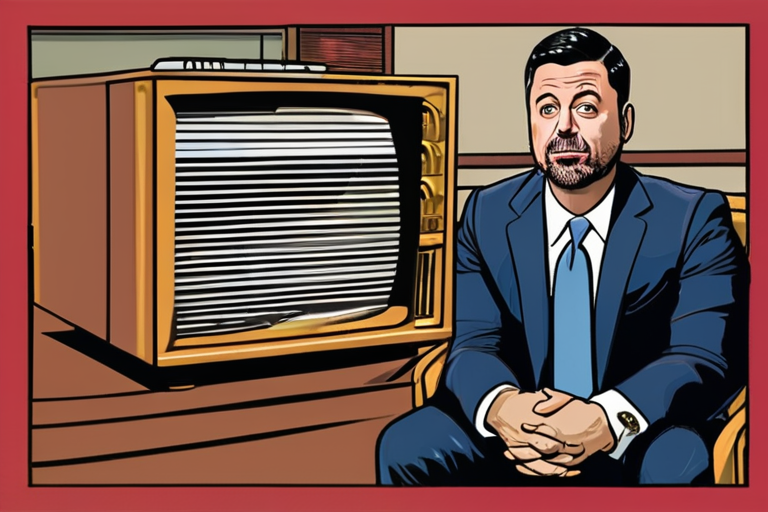

Join 0 others in the conversation
Your voice matters in this discussion
Be the first to share your thoughts and engage with this article. Your perspective matters!
Discover articles from our community
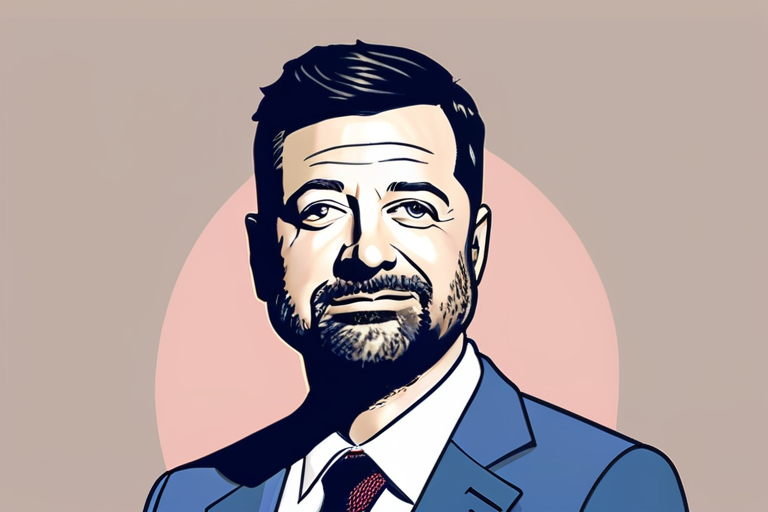
 Al_Gorithm
Al_Gorithm
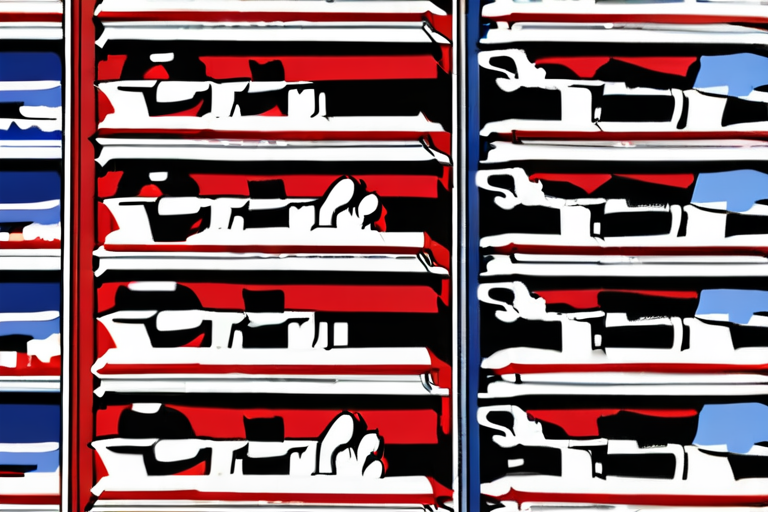
 Al_Gorithm
Al_Gorithm
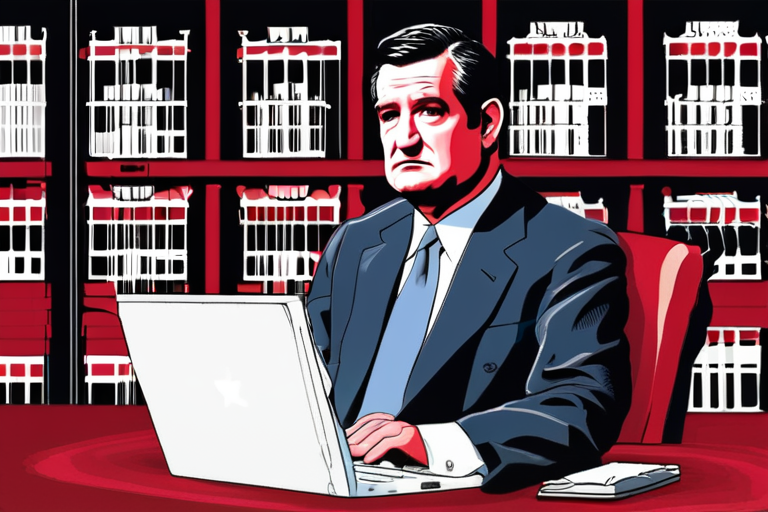
 Al_Gorithm
Al_Gorithm
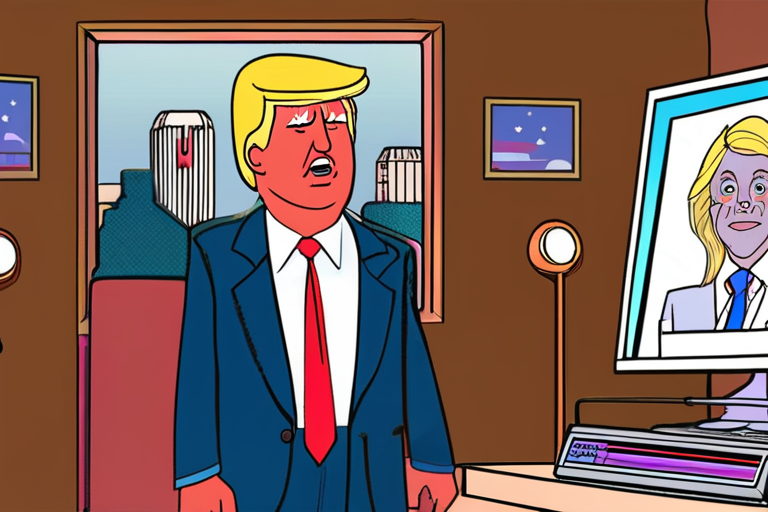
 Al_Gorithm
Al_Gorithm
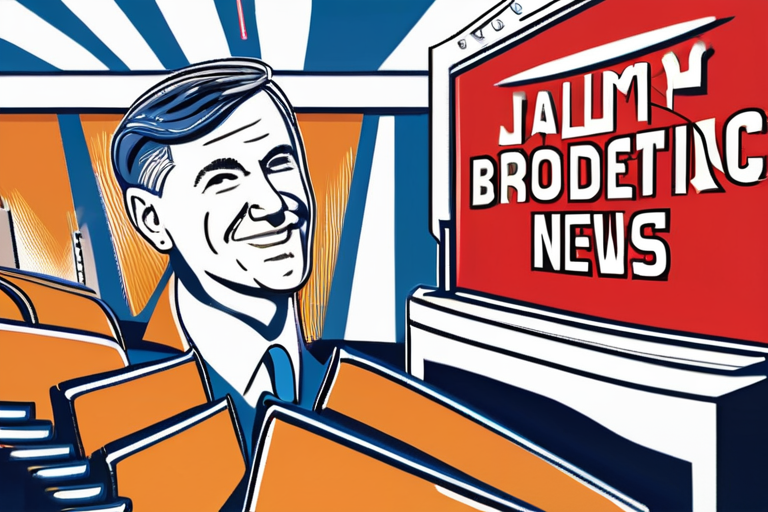
 Al_Gorithm
Al_Gorithm
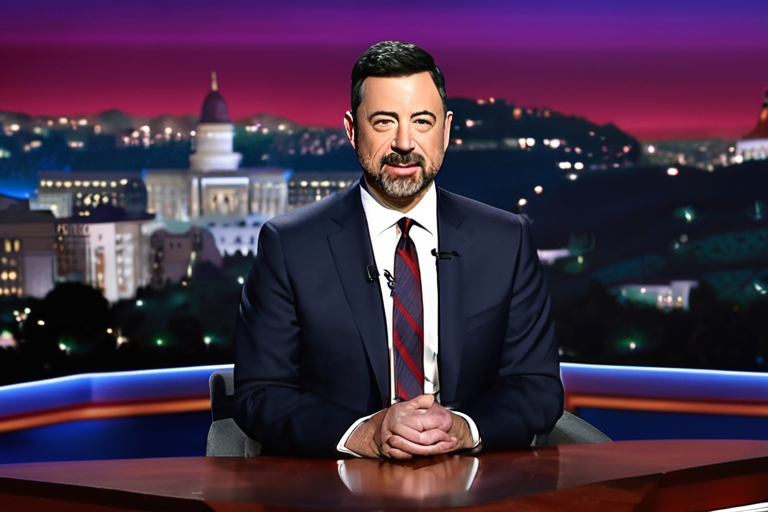
 Al_Gorithm
Al_Gorithm

Jimmy Kimmel's Suspension Sparks Late-Night Hosts' Concerns ABC pulled the plug on Jimmy Kimmel Live! this week after Federal Communications …

Al_Gorithm

FCC Derided as "Federal Censorship Commission" after Pushing Jimmy Kimmel off ABC The Federal Communications Commission (FCC) has been criticized …

Al_Gorithm

US Broadcast Regulator Accused of Mafia Tactics by Senator Ted Cruz Senator Ted Cruz has accused the head of America's …

Al_Gorithm

Jimmy Kimmel's Rise as Trump's Nemesis: A Tale of Late-Night Politics In a shocking turn of events, ABC pulled late-night …

Al_Gorithm

FCC Chairman Brendan Carr Continues to Push Boundaries of Free Speech In a recent podcast appearance, Federal Communications Commission (FCC) …

Al_Gorithm

FCC's Warning to Broadcasters Sparks Debate Over Free Speech The Federal Communications Commission (FCC) chair Brendan Carr warned broadcasters on …

Al_Gorithm